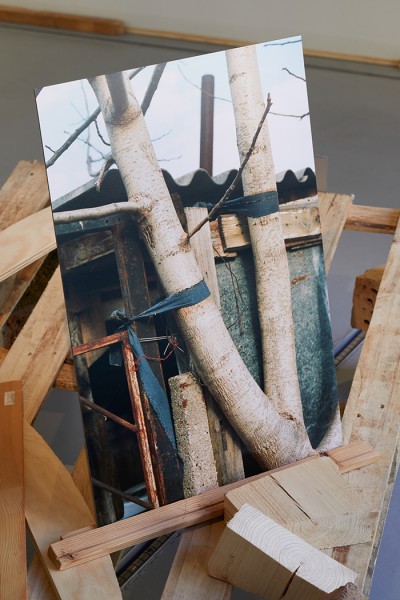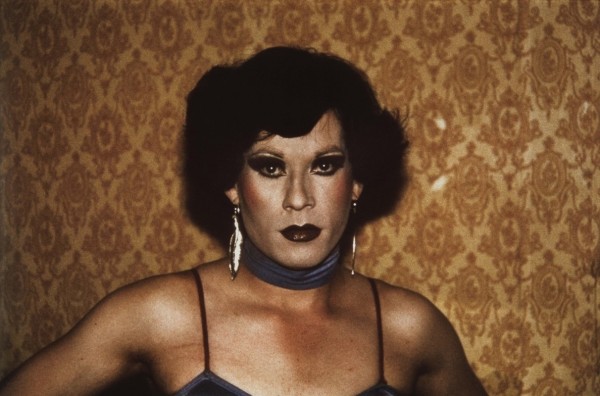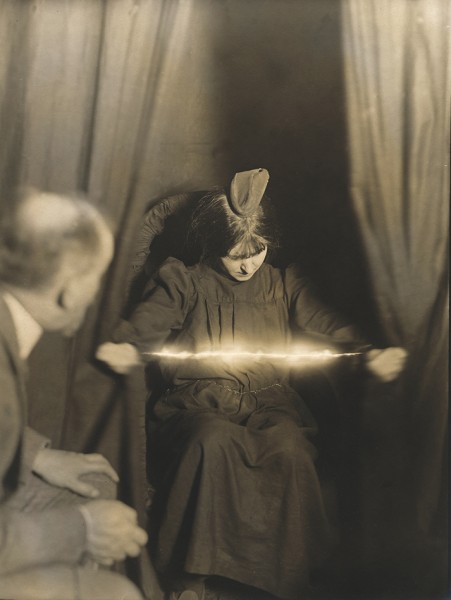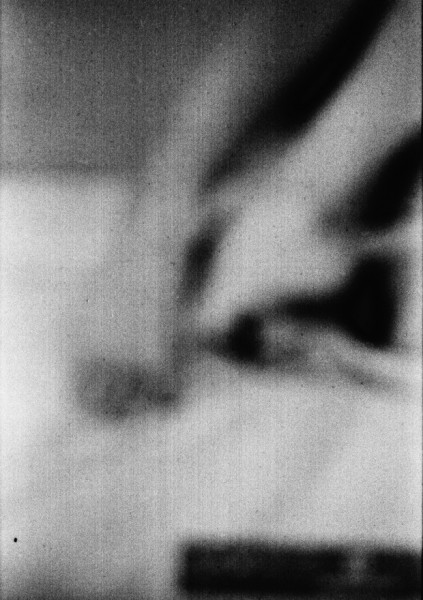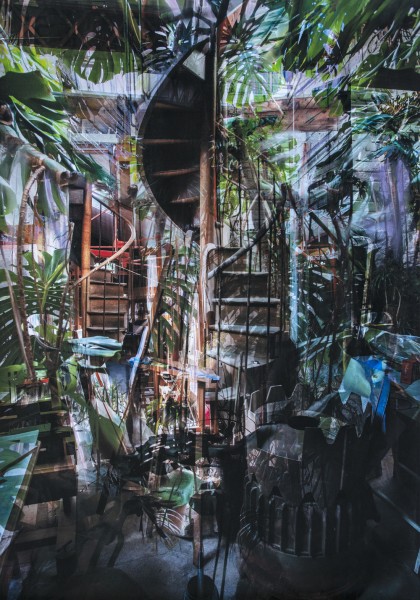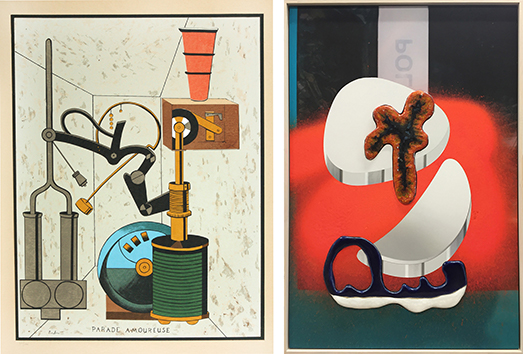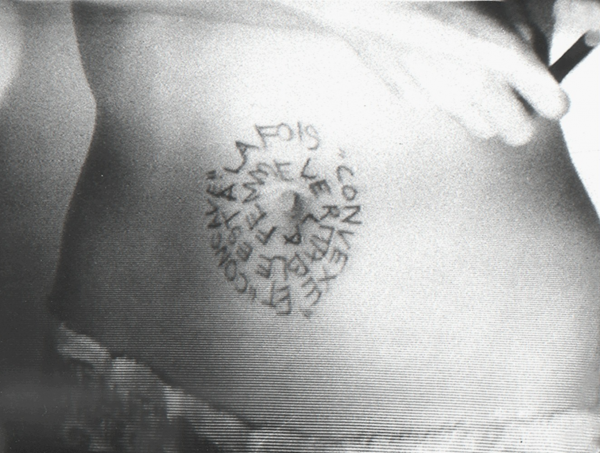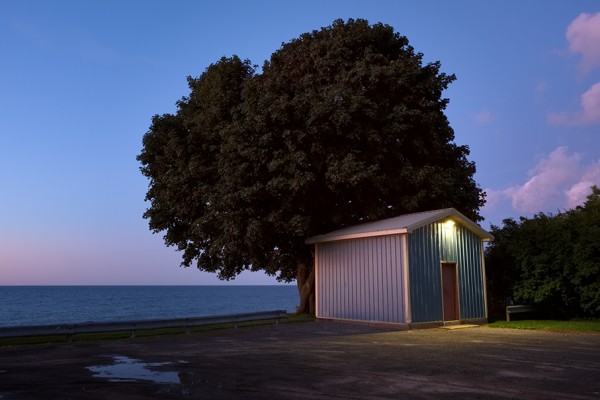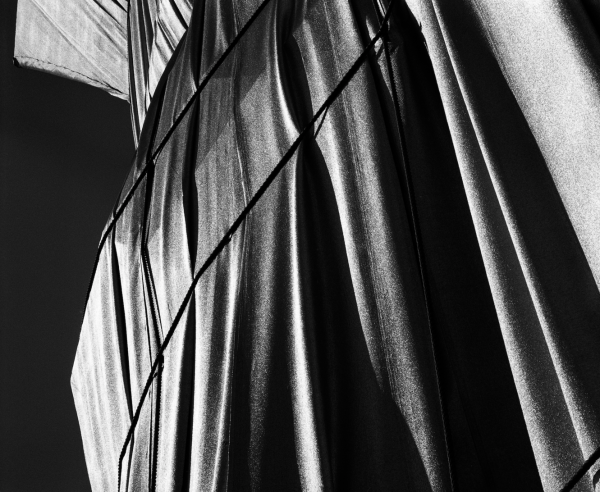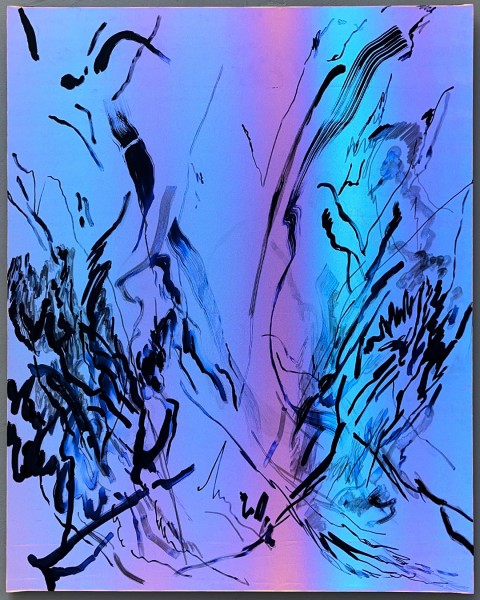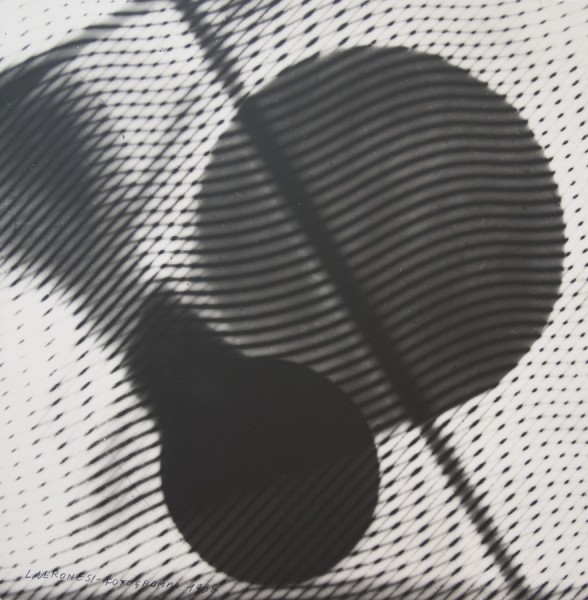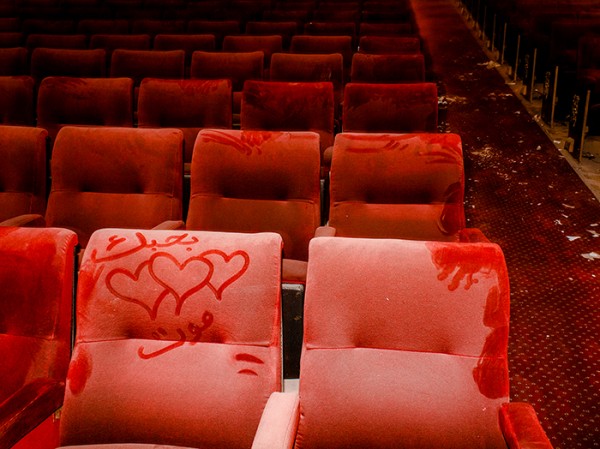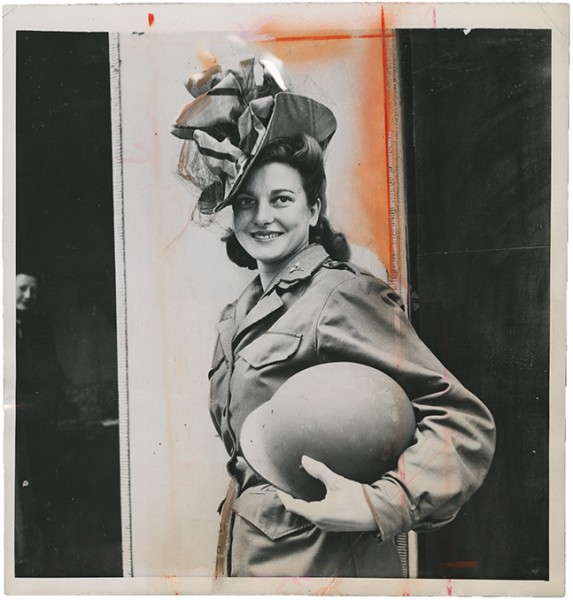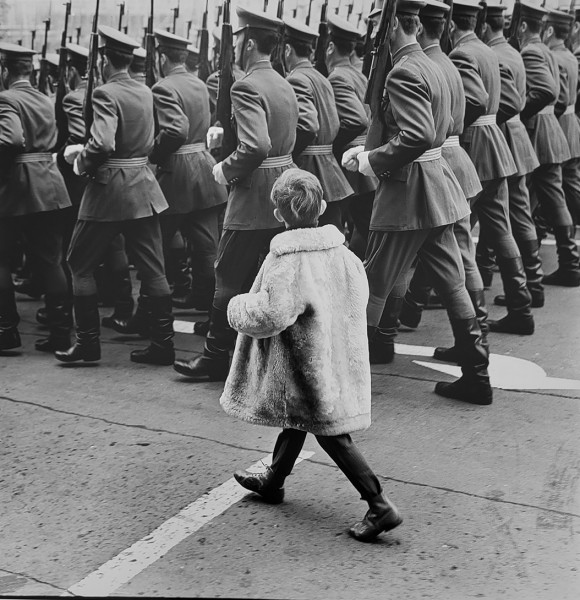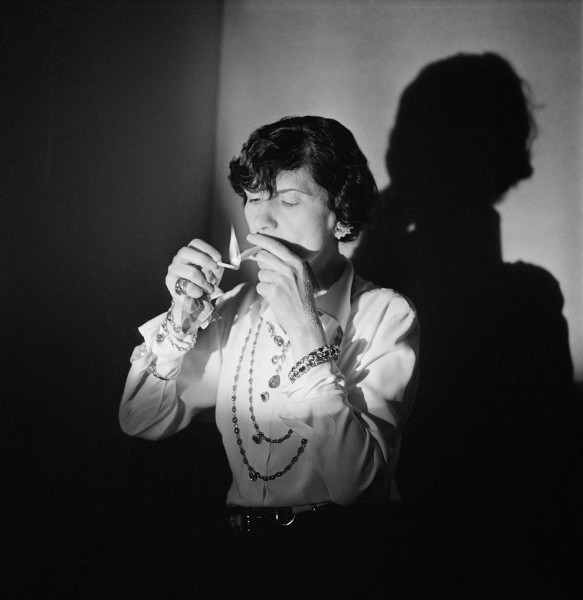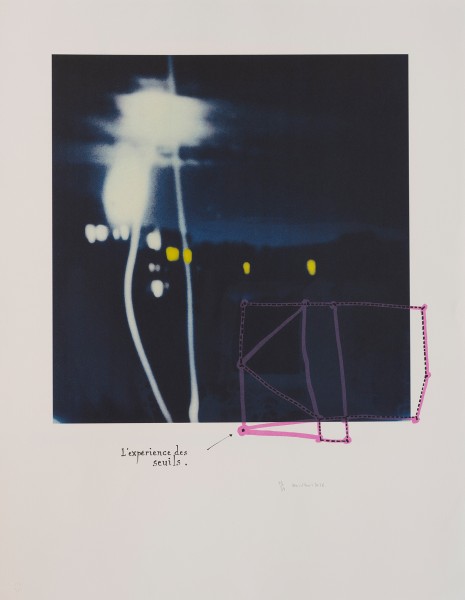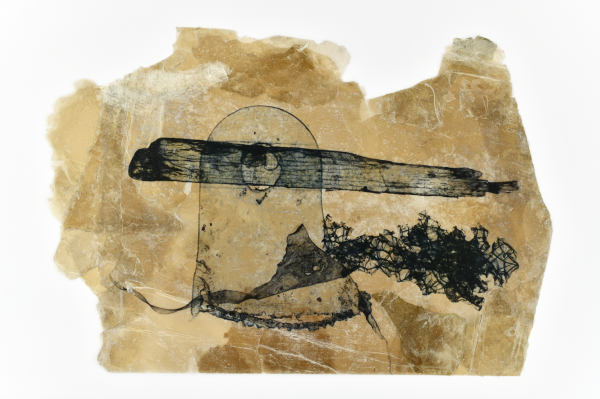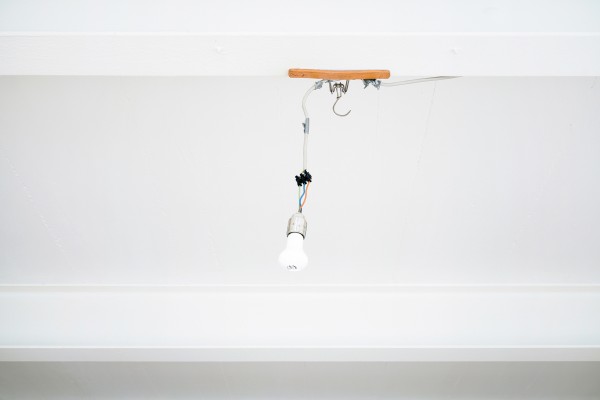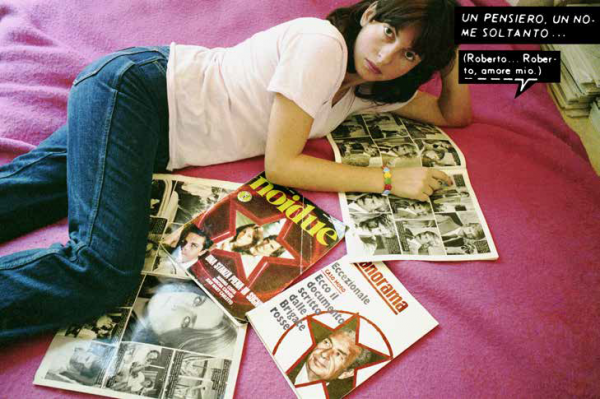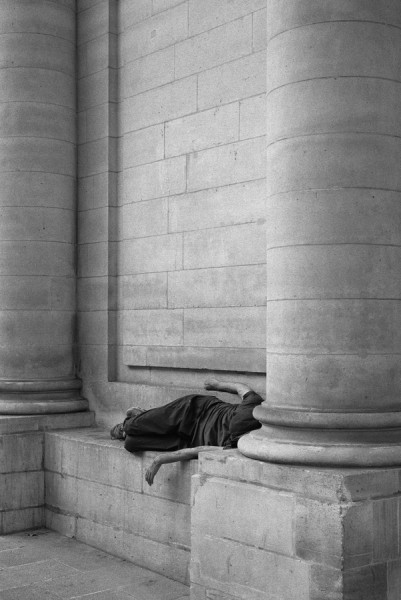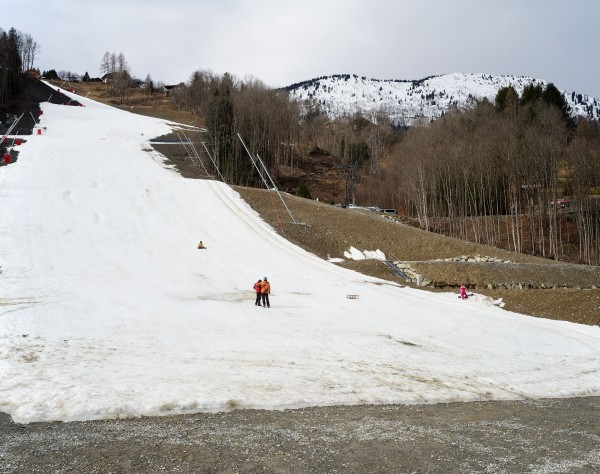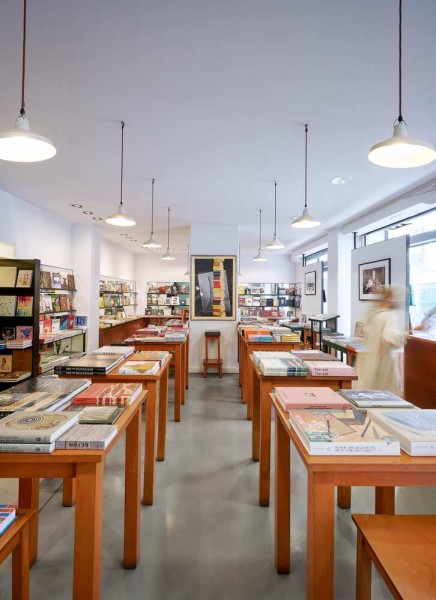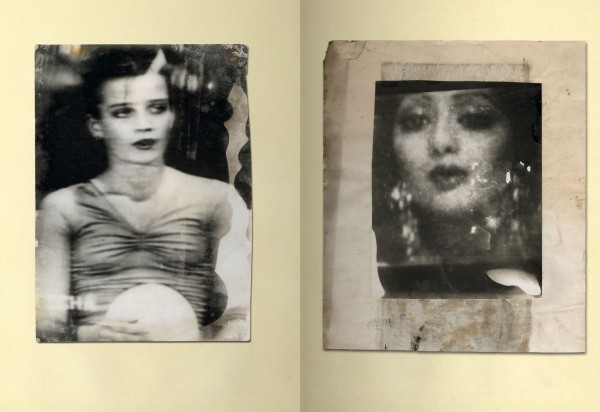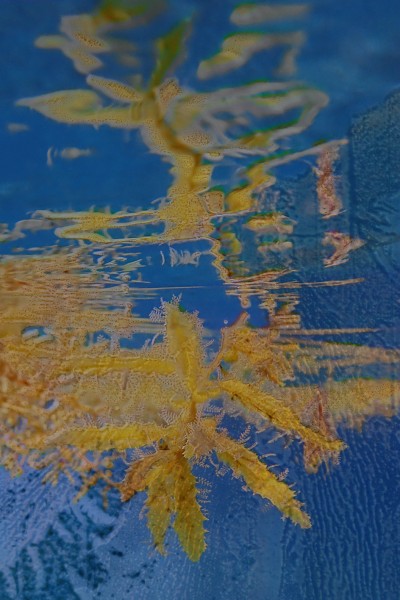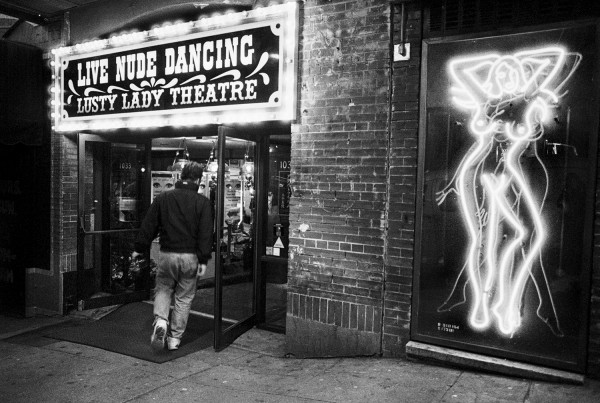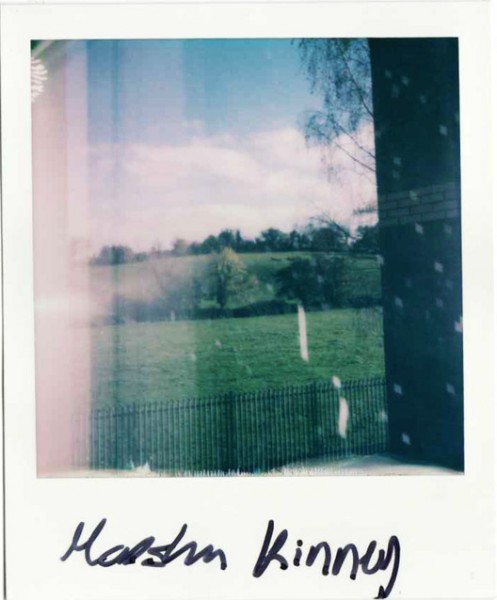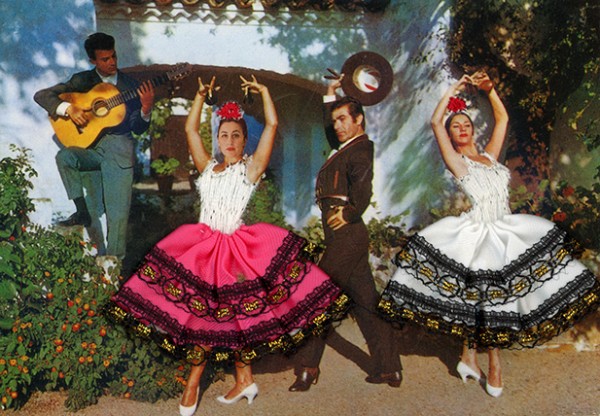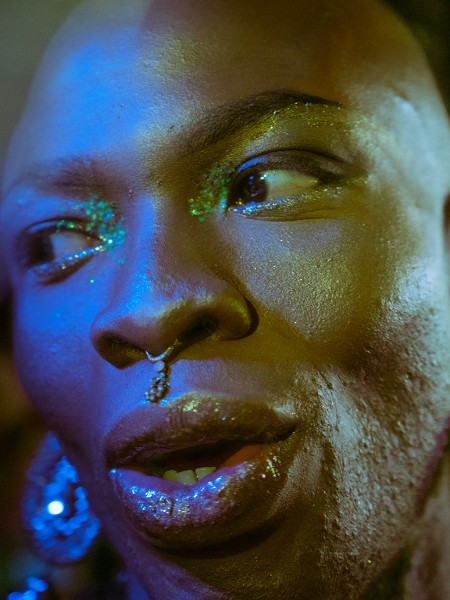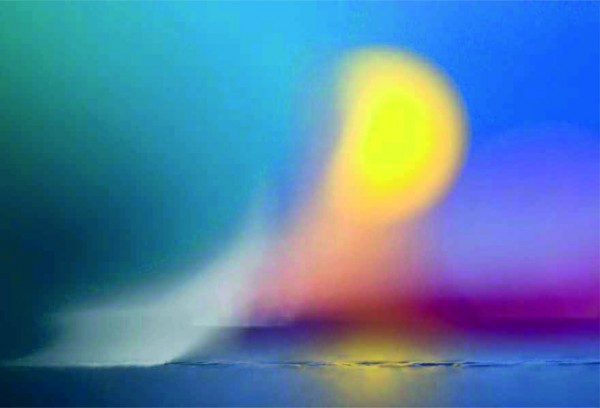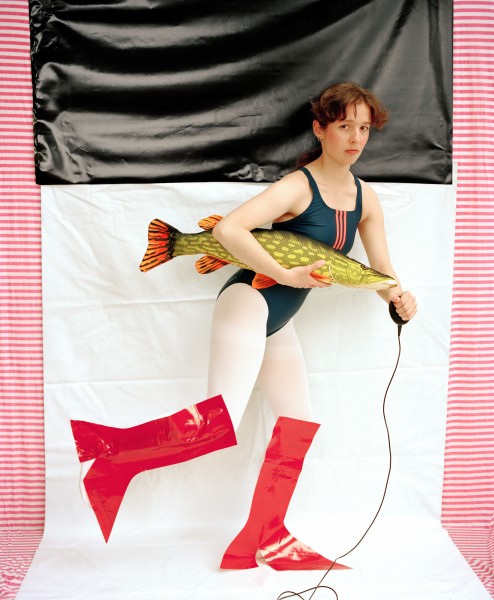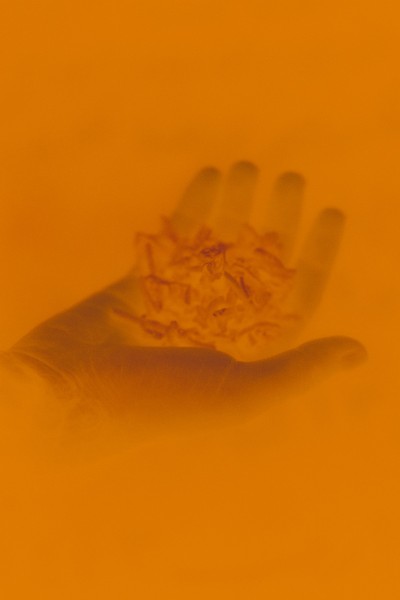For her first solo exhibition in a Paris institution, Paz Errázuriz, the renowned Chilean photographer relatively little seen in France to date, has chosen to present no less than 120 prints from 15 different series. These include the emblematic Adam’s apple series, created between 1982 and 1987, and three series never displayed before: Próceres (1983), Sepur Zarco (2016), and Ñuble (2019). Paz Errázuriz observes those who are invisible and those who live in separate, if not parallel, worlds: circus performers, wrestlers, transvestites and prostitutes, vagabonds and the mentally ill are often photographed in confined spaces. Working over long periods of time enables her to forge strong relationships with her models, women and men who pose proudly, giving themselves over to the photographer, allowing her into their private world. Paz Errázuriz is immensely faithful to those she photographs and says that she often finds it hard to end a series. Indeed, the stories and lives photographed remain “unfinished” for her, as if she doesn’t want to see those she has met disappear.
Paz Errázuriz’s work is forever marked by the dark years of the Pinochet regime (September 11, 1973 – March 11, 1990). She was born in Santiago, Chile, in 1944 and worked as a teacher prior to embarking upon her self-taught artistic career in the 1970s. “My early years as a professional photographer correspond with those of the dictatorship. Photography enabled me to express myself in my own way and to participate in the resistance. It’s strange to observe the extent to which hostile, dangerous eras can stimulate artists. All this creative energy being expressed by metaphors. That was the case in Chile in the 1980s.”
Paz Errázuriz took her first photographs in the 1970s. Her striking black and white portraits spoke of social dictates, the invisibility of certain groups of people, of the human condition, and challenged the conventions of visual representation.
Tirelessly traversing Chile from north to south, as far as Patagonia, she provided a powerful overview of those whom society considered to be different, through their individual and collective stories. Recently, she made an impressive series of portraits of the women of Sepur Zarco, a place in Guatemala, all of whom were victims (and survivors) of the bloody repression of the military power in 1982, and the brutality brought to bear on them.
Maison de l’Amérique latine
La Maison de l’Amérique latine is a privileged hosting space for shows and gatherings that promotes latin culture in Paris.
